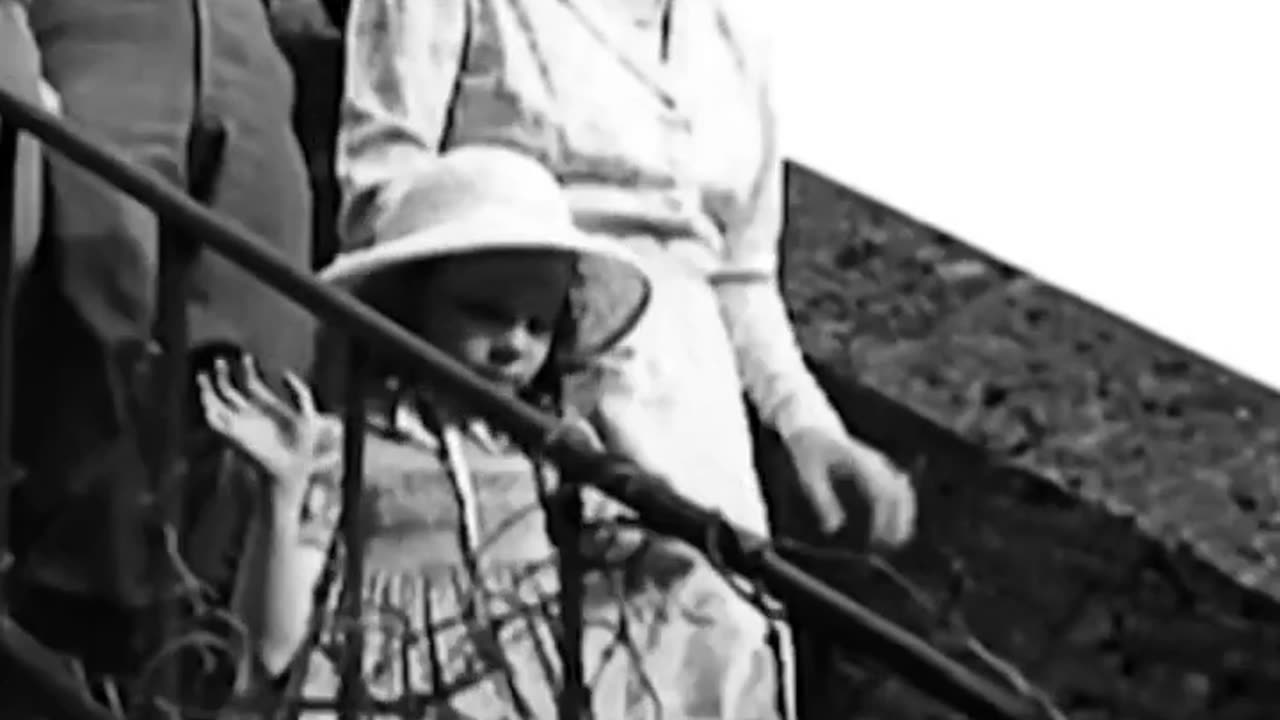Premium Only Content

The Trial of Herman Goring
The trial of Hermann Göring, held at the Nuremberg Trials from 1945 to 1946, was one of the most prominent prosecutions of high-ranking Nazi officials following World War II. Göring, a leading figure in Nazi Germany and Hitler’s designated successor, faced charges that included crimes against humanity, war crimes, and crimes against peace. As head of the Luftwaffe, architect of the Gestapo, and a primary executor of anti-Semitic policies, Göring was held responsible for significant Nazi atrocities, including the planning of the Holocaust and the aggressive expansion that led to the war. In court, Göring was initially defiant, challenging the legitimacy of the tribunal, and used his cross-examinations to justify his actions, often appearing unapologetic.
Over time, Göring's demeanor shifted as he became increasingly isolated, yet he maintained a sense of superiority and control. Despite his efforts to defend his role, the evidence against him was overwhelming, and he was convicted on all counts. The court sentenced him to death by hanging, but Göring managed to commit suicide in his cell with a cyanide capsule hours before his scheduled execution on October 15, 1946. His trial set a historical precedent for international law and accountability, showcasing the determination of the Allied powers to bring justice to the architects of the Third Reich and establishing frameworks that influenced future international tribunals.
-
 1:04:01
1:04:01
Timcast
2 hours agoTrump Just NUKED Global Economy, Tariffs Ignite Trade War, Markets COLLAPSING
128K103 -
 1:54:08
1:54:08
Steven Crowder
4 hours agoLiberation Day: How Trump's Tariff Strategy will Reset the Global Order
309K171 -
 1:58:23
1:58:23
The Charlie Kirk Show
2 hours ago“Liberation Day” Reaction + Military Standards + Tariff History | Thibeau, Hanson | 4.3.25
40K7 -
 LIVE
LIVE
SternAmerican
23 hours agoIntegrity in Action call With Steve Stern and Raj Doraisamy Thursday, April 3rd at 2:00PM EST
73 watching -
 LIVE
LIVE
Rebel News
1 hour ago $0.70 earnedTrumps new global tariffs, Poilievre and Carney respond, Tamara Lich verdict | Rebel Roundup
944 watching -
 DVR
DVR
TheAlecLaceShow
2 hours agoTrump Tariffs Take Effect | Alec Lace in the Rose Garden | Guest: Jim Pfaff | The Alec Lace Show
3.75K1 -
 LIVE
LIVE
Major League Fishing
2 days agoLIVE! - MLF Bass Pro Tour: REDCREST - Day 1
5,203 watching -
 LIVE
LIVE
Viss
2 hours ago🔴LIVE - How to Continuously Stack Win in Solo PUBG!
442 watching -
 59:50
59:50
The Rubin Report
3 hours agoEconomist Destroys Jon Stewart’s Narrative w/ Facts in Only 3 Minutes
49.8K18 -
 DVR
DVR
Flyover Conservatives
13 hours agoThe Tariffs Are HERE — How Will This Affect You?!; 44,000 COVID Tests, 19,000 Patients - Dr. Michael Schwartz | FOC Show
21.1K2